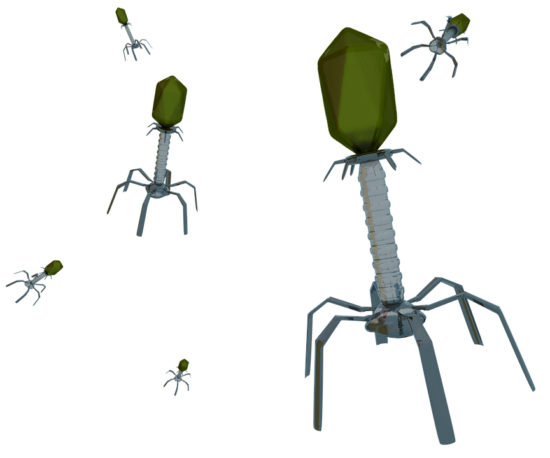Considerations for the Use of Phage Therapy in Clinical Practice
Increasing antimicrobial resistance and medical device-related infections have led to a renewed interest in phage therapy as an alternative or adjunct to conventional antimicrobials. Expanded access and compassionate use cases have risen exponentially but have varied widely in approach, methodology, and clinical situations in which phage therapy might be considered. Large gaps in knowledge contribute to heterogeneity in approach and lack of consensus in many important clinical areas. The Antibacterial Resistance Leadership Group (ARLG) has convened a panel of experts in phage therapy, clinical microbiology, infectious diseases, and pharmacology, who worked with regulatory experts and a funding agency to identify questions based on a clinical framework and divided them into three themes: potential clinical situations in which phage therapy might be considered, laboratory testing, and pharmacokinetic considerations. Suggestions are provided as answers to a series of questions intended to inform clinicians considering experimental phage therapy for patients in their clinical practices.
AMR NEWS
Your Biweekly Source for Global AMR Insights!
Stay informed with the essential newsletter that brings together all the latest One Health news on antimicrobial resistance. Delivered straight to your inbox every two weeks, AMR NEWS provides a curated selection of international insights, key publications, and the latest updates in the fight against AMR.
Don’t miss out on staying ahead in the global AMR movement—subscribe now!







